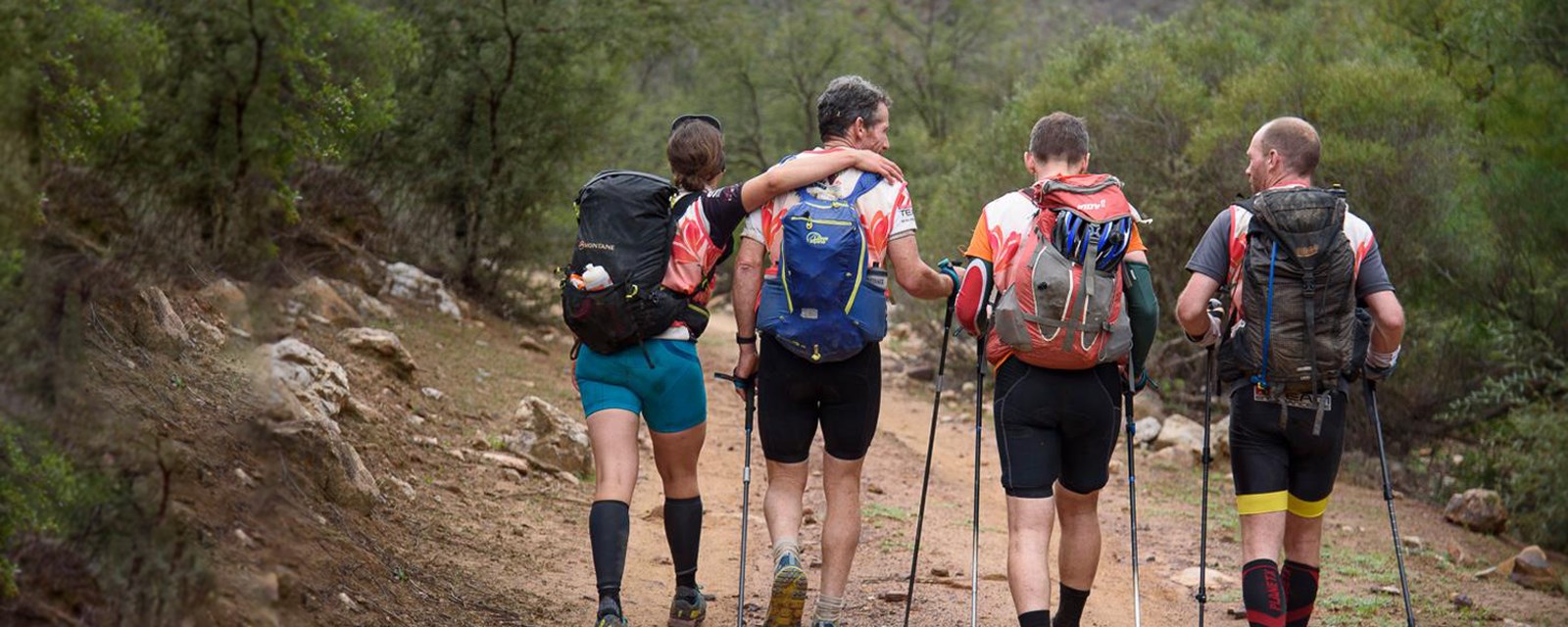
In pictures: Performance tips for extreme and endurance events
A poorly fitting sports bra can cost a mile over a marathon
With only 4% of sports science and medicine research conducted exclusively on women, there is a lack of information about how female-specific factors like breast support, menstrual cycle, pelvic health, reproductive health, fertility, pregnancy and menopause might impact active women and athletes.
As an educator, researcher and practitioner, I am on a mission to optimise how active women experience their female body so they can reach their full potential. So much needs to be done to demystify, destigmatise and demedicalise these topics, so that women can show up as women, as well as athletes, and celebrate that they can be both.
Dr Emma Ross, Women's health and performance expert
Be quick at checkpoints, but don’t rush
This is a picture of my wife Natalie around 200km and 60–70 hours into the Tor des Géants, a 330km mountain race in the Aosta Valley, Italy. At each checkpoint, or life base as the race calls them, it was my job as a coach and supporter to try and help Natalie prepare for the next stage, often 20+ hours on her own in the mountains in all kinds of weather. Athletes are still incredibly strong-willed but gut issues, foot problems, fatigue and injuries can stop them going forward.
"Be quick at checkpoints, but don’t rush” is what I tell my athletes. The extra time it took to look after Natalie’s feet here saved hours, even days, compared to some who rushed through and developed blister issues later.
Robert Britton, Ultra-endurance coach and athlete
As a team you can always go further
Working in the extreme environment or on expeditions is possible and much more enjoyable when you work as a team.
This picture was taken on day four of a five-day non-stop expedition adventure race. I put my arm around my teammate as his feet were hurting, but he still gave out some Haribos to raise team morale; I didn't know how else to show my appreciation at that moment in our sleep-deprived and fatigued state.
Developing a reliable biosensor that has use in the extreme environment to aid physiological monitoring is also a team effort, and lessons learnt in the lab and in the extreme environment help develop you as an individual, a leader and a team member.
Dr Natalie Taylor, Royal Army Medical Corps and former Ice Maiden
The RSM's Sport and Exercise Medicine Section runs meetings throughout the year to promote knowledge and the latest advances in sports medicine and the psychological qualities of those who partake in sports. Find out more about the Sport and Exercise Medicine Section.
